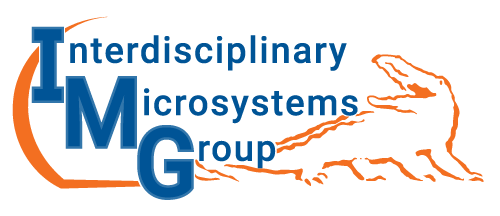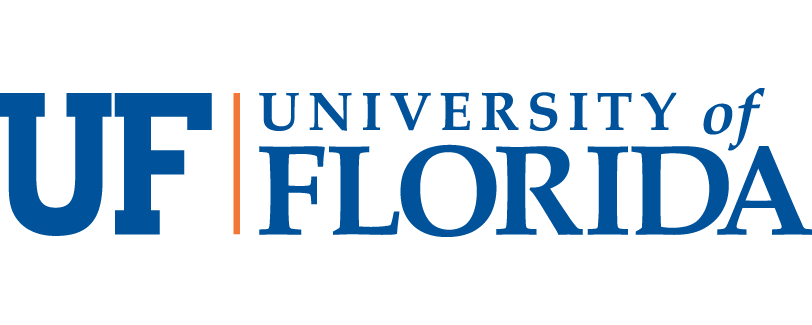Camilo Velez and Sheng-Po Fang win the Gator Engineering Attribute Awards
Submitted by Nicolas Garraud on Mon, 03/27/2017 - 4:42pmCongratulations to Camilo Velez and Sheng-Po Fang for winning the Gator Engineering Attribute Awards for the 2017-2018 academic year, respectively for creativity and service to the global community. Considered the greatest distinction of any student award given by the UF Herbert Wertheim College of Engineering, the Gator Engineering Attribute Awards are intended to provide an ideal guide for all members of the Gator Engineering community.






.JPG)